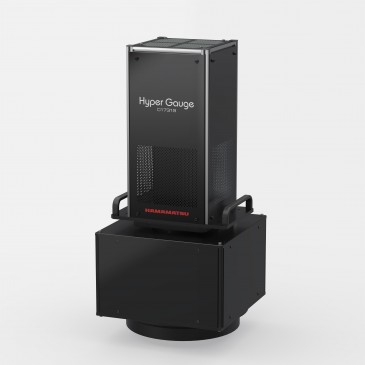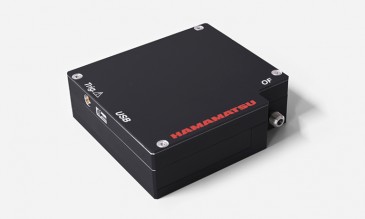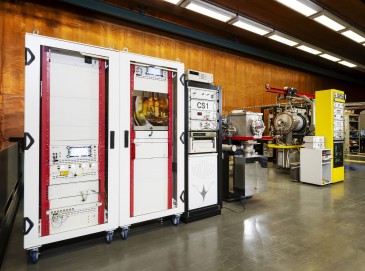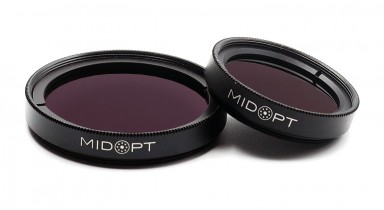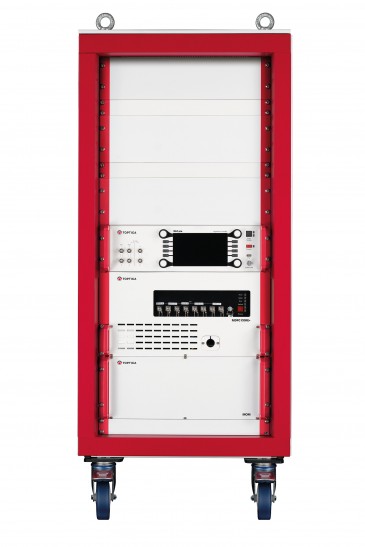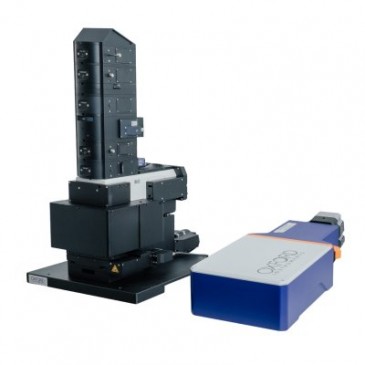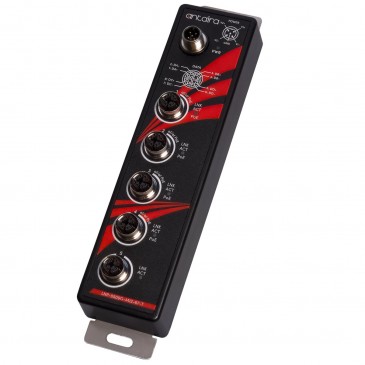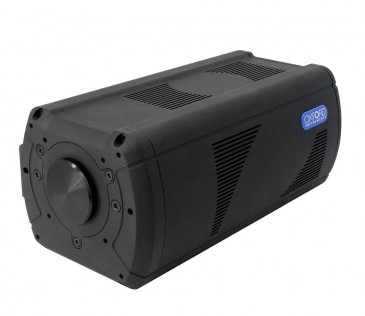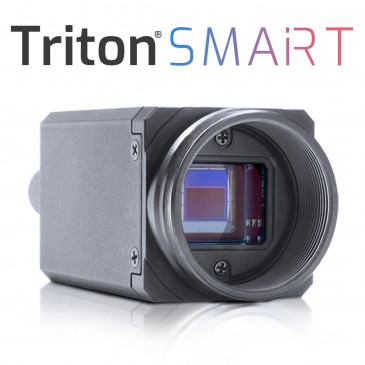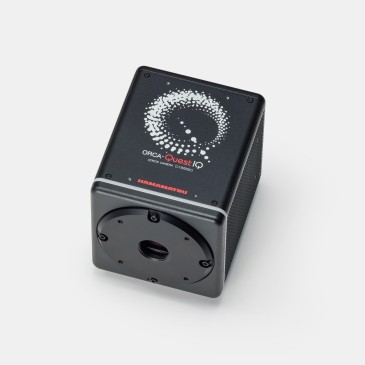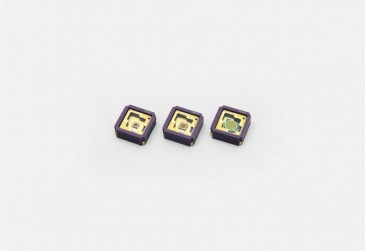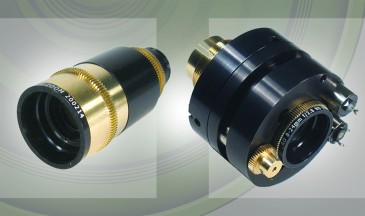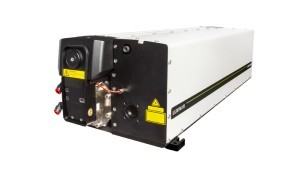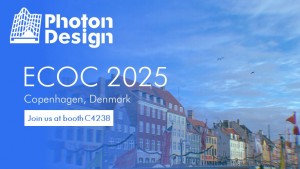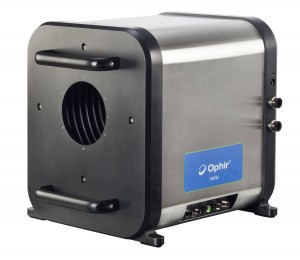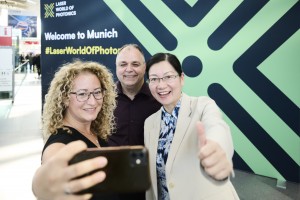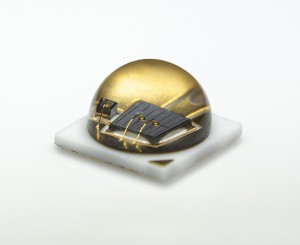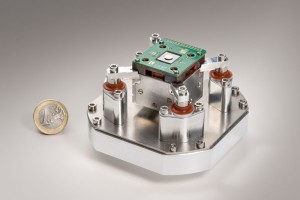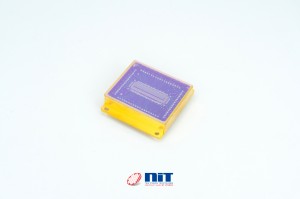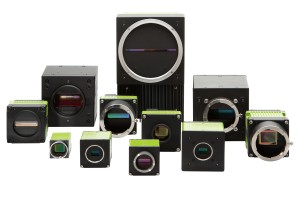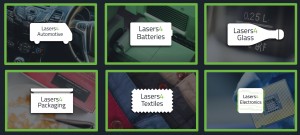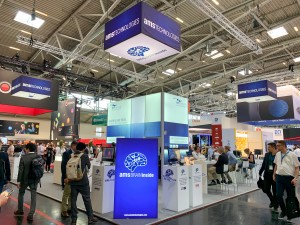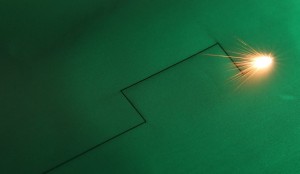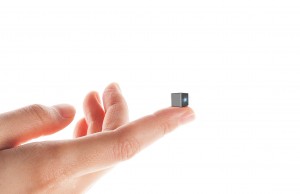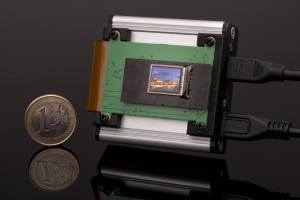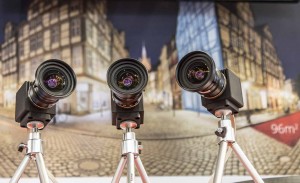
Just nine months before this year's VISION opens its doors in Stuttgart from 6 to 8 November, the preparations for the leading world trade fair for machine vision are well under way.
"The industry is still on a growth path. In Germany alone, growth in the machine vision industry in 2017 provisionally amounted to 18 per cent. Throughout Europe turnover in the machine vision industry rose by between 12 and 14 per cent last year. All the forecasts point to another successful year in 2018," said Florian Niethammer, Team Director at Messe Stuttgart, with optimism.
Over 450 exhibitors are again expected to take part in VISION 2018. More than 300 companies from all over the world have already registered for the trade fair. They include market leaders such as Basler, Cognex, ISRA Vision, MVTec, Teledyne DALSA, Sony and Stemmer Imaging. The first-time exhibitors include, for example, Connect Tech Inc. (Canada), Micro-Epsilon Messtechnik GmbH & Co. KG (Germany), Genesi Elettronica S.R.L. (Italy) and Neadvance Machine Vision S.A. (Portugal). In addition to traditional industrial applications, non-industrial applications have also become much more important in the last few years. The exhibitors will therefore present, for example, applications for the areas of traffic, food and beverage technology, and medical technology. Machine vision is also gaining ground in the agricultural sector, for example in sorting tasks during or after harvesting, in so-called precision farming or through greater use of drones.
Special synergy potential and mutual exchange opportunities will be created here this year due to Intervitis Interfructa Hortitechnica, the technology trade fair for wine, fruit juice and special crops, which will be held concurrently with VISION.
With embedded vision, machine vision intelligence is migrating from external PCs into devices. The biggest drivers of embedded vision technology at present include autonomous driving, but also integrated face and object recognition in smart cameras or surveillance cameras. In machine vision it is therefore possible, for example, to integrate intelligent camera modules in machines or robots, thus making them an indispensable component in the implementation of the smart factory.
Deep learning is a radically new approach for solving image recognition tasks in future. Unlike current processes, these self-learning systems are taught a large number of images and scenarios which they can access during testing in the production process and therefore recognise the smallest possible deviations. These systems are therefore being continuously optimised still further.
VISION presents the complete range of machine vision technology every two years and will next be held from 6 to 8 November 2018 in Stuttgart. In addition to first-rate exhibitors, the trade fair is characterised by its high degree of internationality and a varied accompanying programme. The "Industrial VISION Days“, the world's largest talk forum for machine vision, will again form an integral part of the trade fair. Other special shows, which are being staged with cooperation partners, include the "Application Forum“, the "Integration Area“, "International Machine Vision Standards“ under the overall direction of the EMVA and the IPC4Vision Pavilion which will focus on the topic of industrial PCs. The organisers are confident that the very large number of exhibitors and visitors at the last VISION in 2016 will again be exceeded this year.

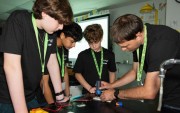


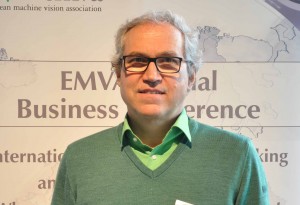

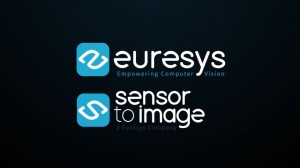






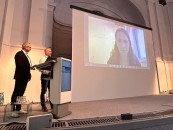

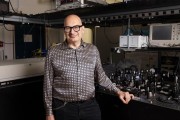


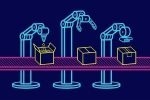
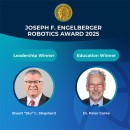

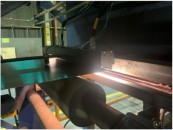
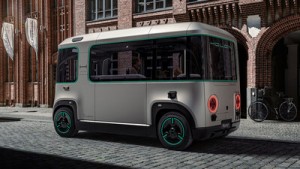
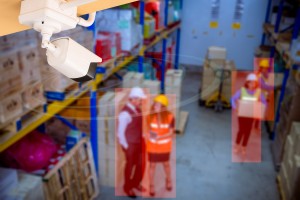

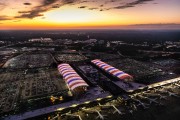
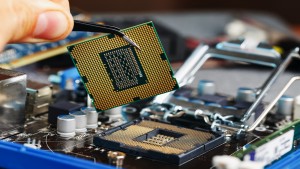

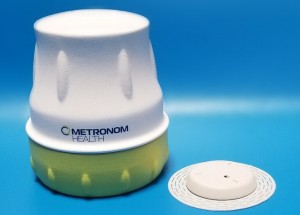
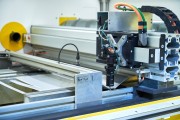

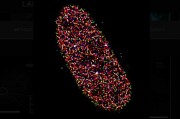
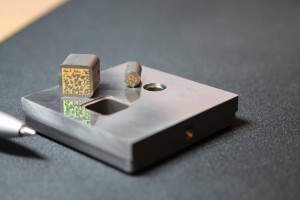
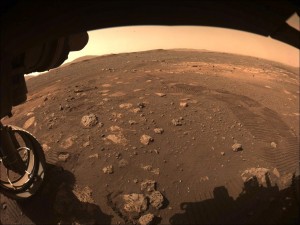
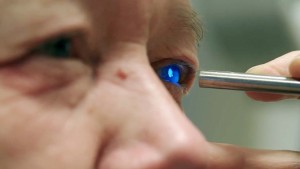
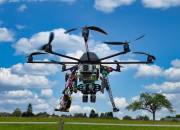
 Back to News
Back to News